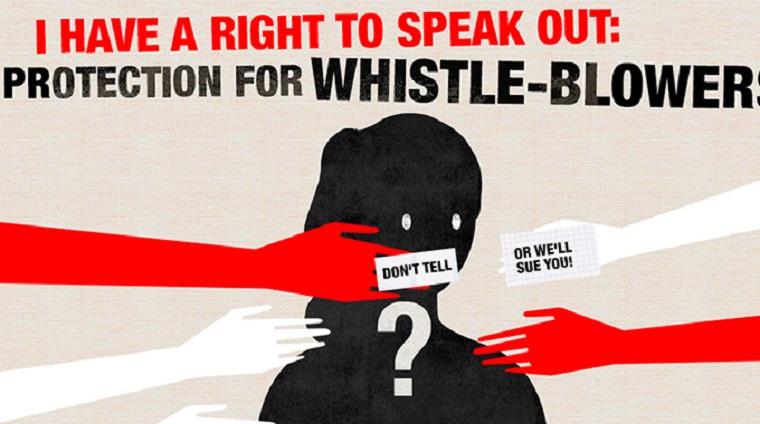“There is a reason why, globally, even in the most developed markets, there is incentive for whistleblowing,” according to tax expert Sarah Maboreke. “Whistleblower systems stand on two pillars; incentives and the protection of whistleblowers. In Zimbabwe, we don’t have these two pillars and that’s a problem.”
In the USA, to encourage whistleblowing after the 2008 financial crisis, the Dodd-Frank Act was enacted to equip stock market regulators to protect and reward whistleblowers. The SEC’s Office of the Whistleblower, established in 2011, gives financial rewards of 10-30% of sanctions over US$1 million to whistleblowers who come forward with original information that leads to successful enforcement.
In Zimbabwe, the reward system led to the recovery of some taxes, according to ZIMRA. From the Z$296 million recovered by the agency under its anti-corruption campaigns last year, US$3.8 million was paid out to whistleblowers, according to ZIMRA Acting Commissioner General Rameck Masaire. There were 98 cases reported by 67 whistleblowers.
But according to Ncube, this system itself is flawed and must be done away with. However, he did not provide an alternative that will have the impact that the now discarded system was supposed to have.
Proposals for legislation to protect whistleblowers have dragged on with little solid action so far.
In July 2020, government launched the National Anti-Corruption Strategy, which requires laws on whistle-blower protection. Government’s economic policy document, the National Development Strategy (NDS1), promises that “a system shall be put in place to protect whistleblowers who report corruption through enacting an Act of Parliament on the protection of whistleblowers.”
These promises have not yet been fulfilled.
Speaking at a workshop on whistleblower protection in September, UN Resident Coordinator for Zimbabwe, Maria Ribeiro, said: “We all need to acknowledge that information about acts of corruption comes to the fore when a whistleblowing system is designed to encourage more reports from citizens and officials in public and private sectors.”
The whistleblower system was indeed flawed. However, by ditching it abruptly without fixing it, or coming up with an alternative, and by not pushing ahead with laws to protect those who expose corruption, critics have more ammunition to use in their portrayal of President Emmerson Mnangagwa’s stance on graft; he is unwilling to put his anti-corruption rhetoric to action.- NewZWire
(153 VIEWS)


